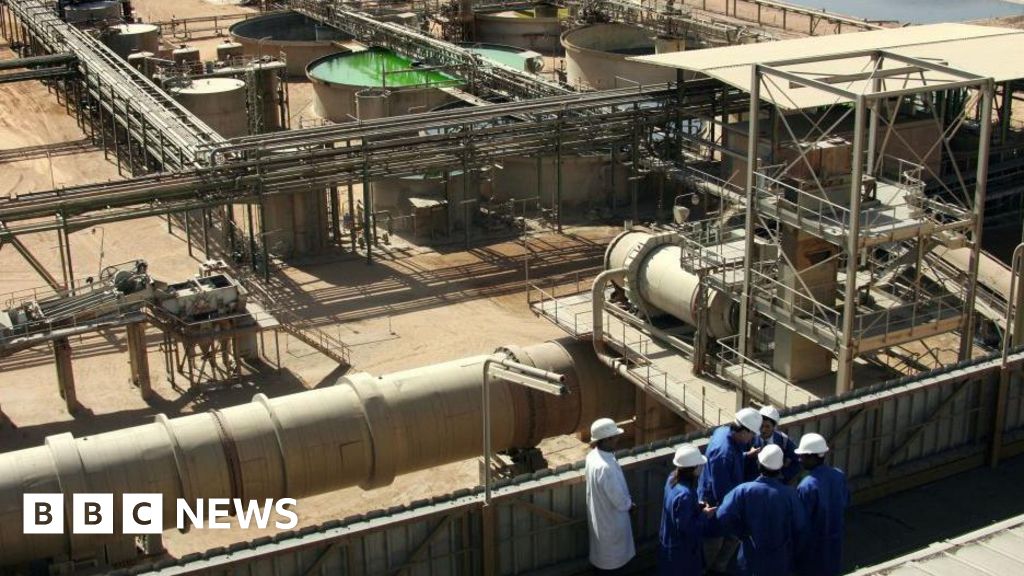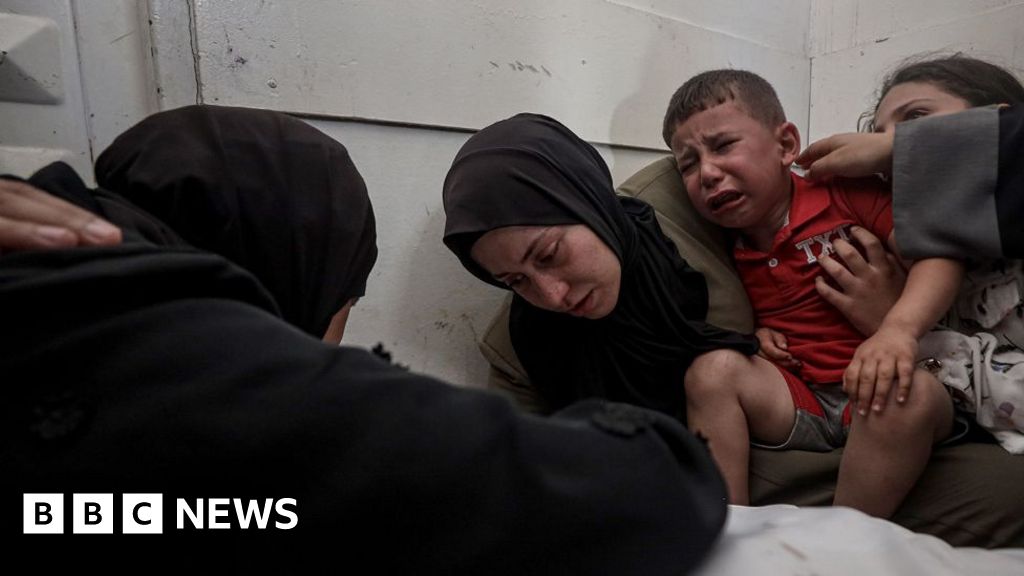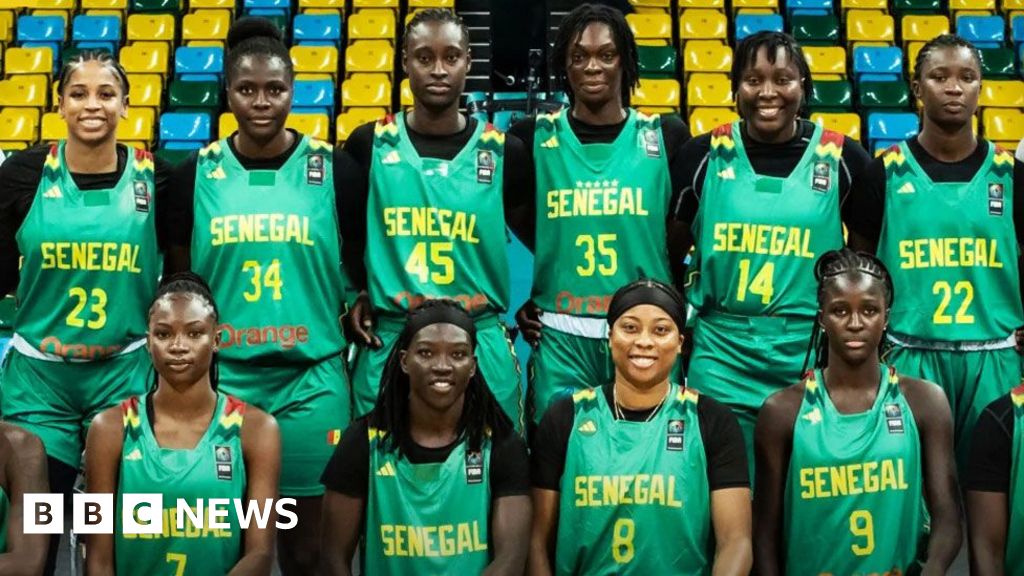Prime Minister Mark Carney of Canada said on Friday that he would travel next week to meet with President Trump for a high-stakes encounter between the two leaders of countries whose once-close friendship has collapsed amid a trade war and Mr. Trump’s threats to Canada’s sovereignty.
Mr. Carney also announced that King Charles III would visit Canada later this month, his first trip to the country since Charles’s coronation two years ago. The news of the trip, which was also announced by Buckingham Palace, is seen by analysts as a clear rebuke to calls by Mr. Trump to make Canada the 51st state because Charles is also Canada’s official head of state.
Mr. Carney, the former leader of the central banks of England and Canada, led the Liberal Party to victory in Monday’s national elections, in which dealing with Mr. Trump, his tariffs on Canadian exports and his repeated talk of making Canada another state were high on the minds of voters.
The Trump administration’s bellicose campaign against Canada, Mr. Carney said, has made it clear that Canada needs to negotiate new deals with the United States around a variety of issues, including economic and security alliances.
“Our old relationship, based on steadily increasing integration, is over,” Mr. Carney told reporters in Ottawa during his first news conference after the election. “The questions now are how our nations will cooperate in the future and where we, in Canada, will move on.”
Mr. Carney said he had asked Charles to deliver a speech on May 27 to open a new session of Canada’s Parliament because it “highlights Canada’s sovereignty as a nation.” When a new parliament convenes, the opening speech, which lays out the ruling party’s legislative agenda, is normally read by the governor general, the king’s representative in Canada.
“This is a historic honor which matches the weight of our times,” Mr. Carney said. Queen Elizabeth, who gave the address in 1977, was the last English monarch to do so.
As he did throughout the campaign, Mr. Carney said that the idea of joining the United States would not be a subject of negotiations with Mr. Trump when they met on Tuesday.
“The Canadian people clearly have stated, virtually without exception, is: This will never, ever happen,” Mr. Carney said, adding that Mr. Trump did not bring up statehood during a call between the leaders this week.
He said he intended to discuss a variety of U.S. tariffs against Canadian exports, including on vehicles, auto parts, steel and aluminum, that jeopardize tens of thousands of jobs. Military spending would also be on the agenda, he said.
“It will be a complex negotiation,” Mr. Carney said.
“I’m not pretending those discussions will be easy,” he added. “They won’t proceed in a straight line. There will be zigs and zags, ups and downs.”
Mr. Carney underscored the fallout Mr. Trump’s tariffs were already causing, by noting an announcement by General Motors on Friday that said it was reducing production at a pickup-truck assembly plant in Oshawa, Ontario.
Unifor, the union representing workers at the factory, estimates that roughly 2,200 workers will lose their jobs by the elimination of one of the shifts at the plant.
Stellantis, which closed a plant in Windsor, Ontario, for two weeks when Mr. Trump’s auto tariffs went into effect last month, idling about 3,500 workers, said on Friday that it was shutting the factory for another week.
Mr. Carney has responded to Mr. Trump’s levies by applying retaliatory tariffs on vehicles from the United States.
Source link


















